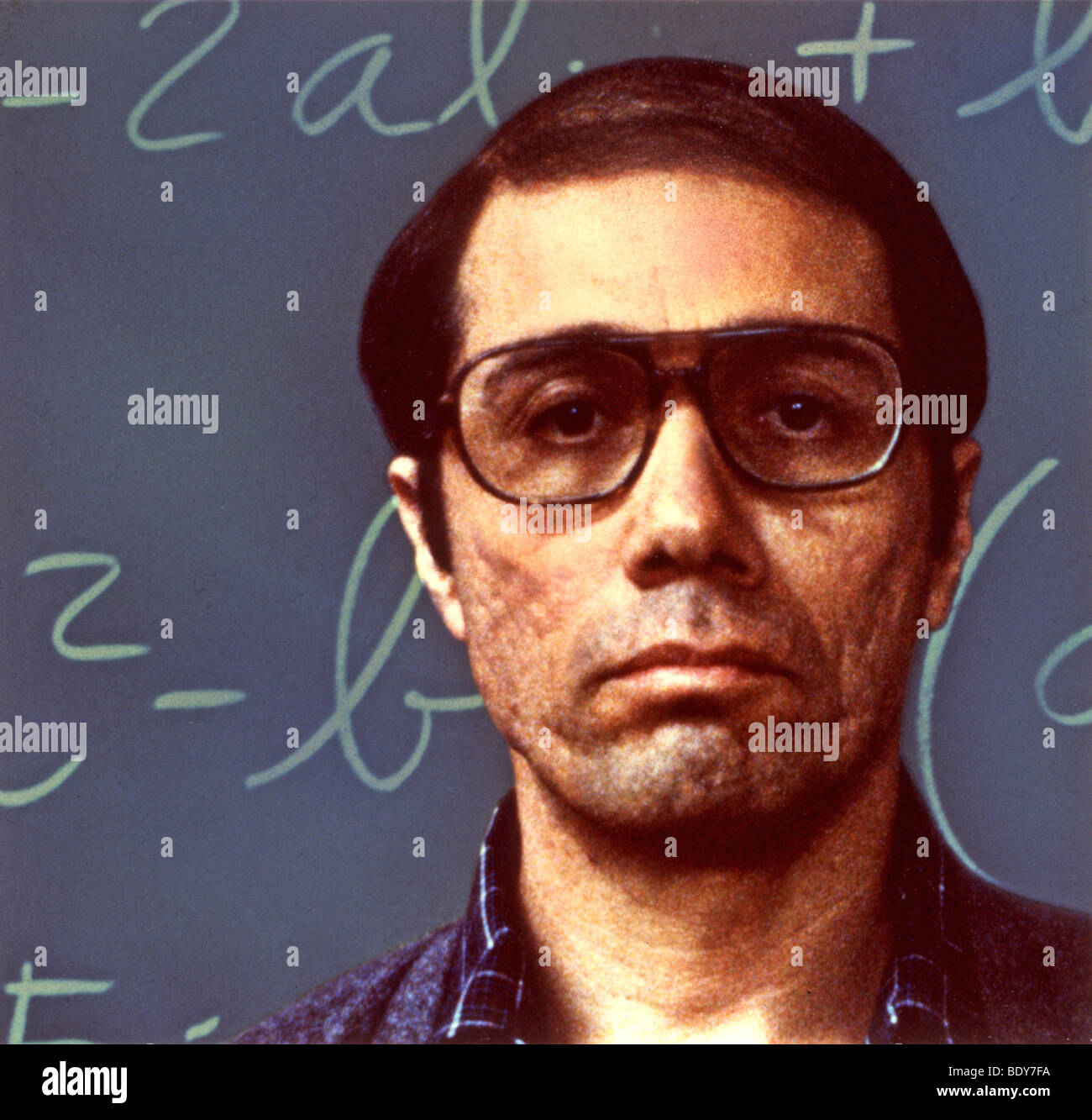

In 1996, Olmos helped found The Los Angeles Latino International Film Festival. The film presented a brutal, painfully real story of a gang member’s life both in and out of prison. That same year, Olmos made his feature film directorial debut with American Me, in which he also starred. For his efforts, Olmos was given the John Anson Ford Award, and the NAACP honored him for his leadership towards racial unity. By the second day of his cleanup campaign, thousands of people had stopped destroying and started rebuilding. Olmos’s response was to grab a broom and head into the street to start a cleanup effort. In the spring of 1992, Los Angeles was torn apart by riots after the verdict in the Rodney King case. His company, Olmos Productions, has produced two important documentaries: Lives in Hazard, about the inherent danger of gangs, and It Ain’t Love, a frank discussion of domestic abuse for which he received the PASS award from the National Council on Crime and Delinquency. His lecture series, which discussed topics ranging from gang prevention to the celebration of diversity and importance of education to the dangers of domestic violence, took him not only to colleges and universities but also to prisons, reservations, and youth detention facilities. Believing that the true measure of wealth is what one is able to give to others, Olmos turned even more of his energy towards humanitarian and civic causes.

“It’s about something we’ve lost - the joy of learning.” For his portrayal, he received an Academy Award nomination. “The film is really about the triumph of the human spirit,” Olmos said in an interview at the time.
EDWARD JAMES OLMOS MOVIE
Suddenly well-known, he decided to take advantage of his fame by making another movie with an important message – 1988’s Stand and Deliver.
EDWARD JAMES OLMOS TV
The following year, Olmos joined the cast of the extremely popular Miami Vice TV series, retaining creative control over his character of Lieutenant Martin Castillo. He believed in the importance of the movie and its message, and, in the end, that was what mattered most to him. Undeterred, Olmos rented a theater himself and showed the film for free. The film appeared on public television, but no major movie studio would distribute it. Young to create the acclaimed The Ballad of Gregorio Cortez. In 1983, Olmos teamed up with director Robert M. He vowed to never accept a role that demeaned Latinos or the Latino community, even if it meant walking away from a paying part.
EDWARD JAMES OLMOS SERIES
Parts in TV series and movies started to come in more frequently, but the trend was frequently to cast Latino actors as gangsters, drug dealers, or other “bad guys,” and this was a trend Olmos was determined to change. By the time the show closed, Olmos had won a Los Angeles Drama Critics Circle award, a Theatre World award, and was nominated for a Tony Award. It ran for a year before going to Broadway. The showopened with an expected run of ten days. In 1978, he got the pivotal role of El Pachuco in Zoot Suit. He has since adopted four more children.He returned to school and earned an Associates of Arts degree in Sociology. They married and had two sons, Mico and Bodie. It also gave him the opportunity to meet his first wife, Kaija Keel.

The band only produced one album but it gave him the opportunity to discover that he liked being on stage and enjoyed entertaining people. He taught himself to sing and play piano and was good enough to join a band, the Pacific Ocean. As a teen, Olmos found refuge in baseball as a means of staying away from street gangs and drugs and soon discovered music. Born in 1947 in East Los Angeles, California, his ethnically diverse neighborhood - which he refers to as a “salad bowl” because each culture kept its own unique qualities, blending into the whole without losing its individual flavor – was the place his deep-rooted understanding that “there is only one race: the human race” took hold. As a producer, actor, writer, and activist, Edward James Olmos has made a lasting impact on Hollywood, on the Latino community, and on the conscience of the country.


 0 kommentar(er)
0 kommentar(er)
